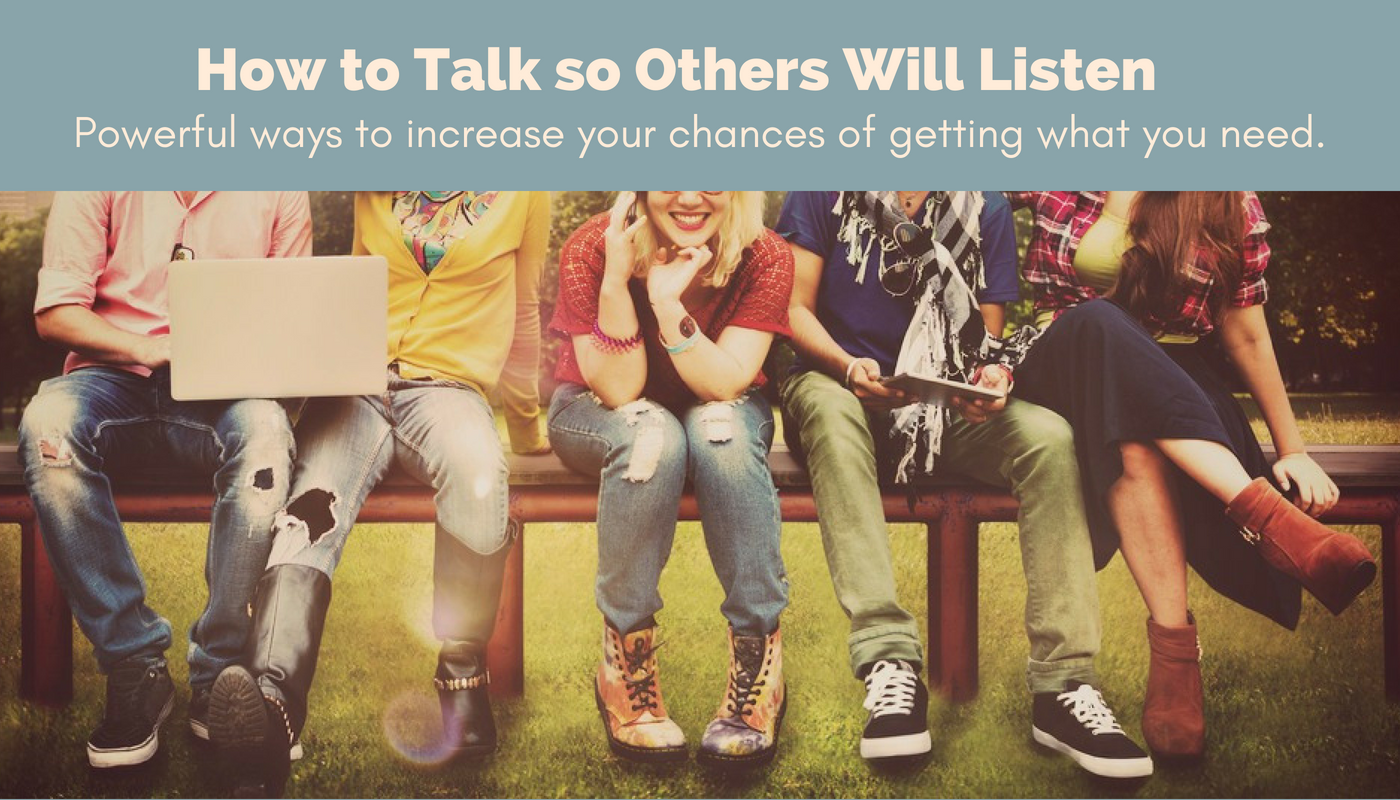Here are three secrets for making it more likely that you’ll get what you want from a conversation. (And who doesn’t want that!)
The Take-Aways
Sometimes we have to have tough conversations. Here’s how to maximise your changes of getting what you need:
-
- Start calm – even if you’re a fiesty bundle of fury inside. When you’re feeling furious, anxious, jealous, scared – any of the big feels – it’s easy to come into a conversation showing those big feelings. The problem with this is that it can make it more likely that the other person will feel attacked or blamed. As soon as this happens, it makes it more likely that the other person will yell (fight) or shut down (flee). This is a defensive thing. As soon as the brain senses that we might be under attack, it goes into defence mode and gets us organised to protect ourselves. That shutting down and not listening, walking away from the conversation, hanging up, or yelling back. People often attack to defend themselves.
- You can feel one way, and act another. You can be angry and calm; or jealous and generous; scared and brave. This doesn’t mean ‘not feeling’, it means not letting your feelings get in the way of you getting what you need. Remember you only have to do it for the few minutes while you’re starting the conversation. The easier and safer you make it for someone to stay in conversation with you, the more likely it is that he or she will be able to hear you and give you what you need. Tt’s something that you’re doing a little bit for the other person and a lot for you.
- Acknowledge how the other person is feeling. Acknowledging and validating the other person doesn’t mean agreeing with them. It’s another important way to help make it easier and safer for the other person to stay in conversation with you. This makes it more likely that you’ll be heard, which in turn increases your chances of getting what you need. Think about what it is the other person might be needing from you, or what they’re trying to say and acknowledge that. This might sound something like, “I understand this is how you feel,” or “I can see that this is really important to you,” or, “I understand you feel like I’m doing this and its hurting you”.
- Remember – just because you’re right, doesn’t mean the other person is wrong. And in the same way, just because the other person is wrong, doesn’t mean you are completely right. Often it’s about points of view, we see things differently. We have different needs, different wants, different histories and they all come in. We’re going to disagree on things. Normally in any conversation or when the things we need conflict both people are a little bit right. So if you can find what it is in the other person that feels ‘right’ or important for them, even if it doesn’t feel right to you, that will increase your chances of being heard.
- Name what’s in it for the other person if they listen to you. If you’re having a difficult conversation with someone, point out what he or she can gain from listening to you. Maximise your changes of being heard by letting the other person know that you’re not just in it for you, you’re in it for them too. So, you have an invested interest in what they want and you’re going to do what you can to make sure their needs are met.



Leave a Reply